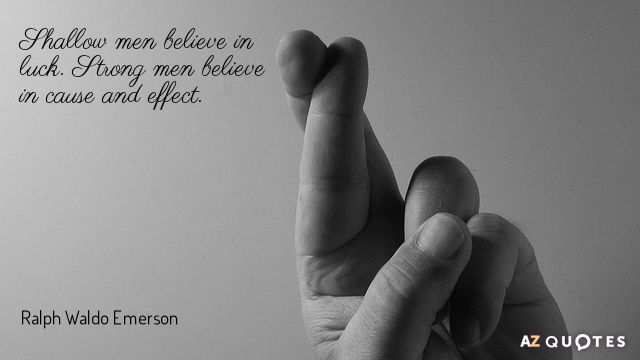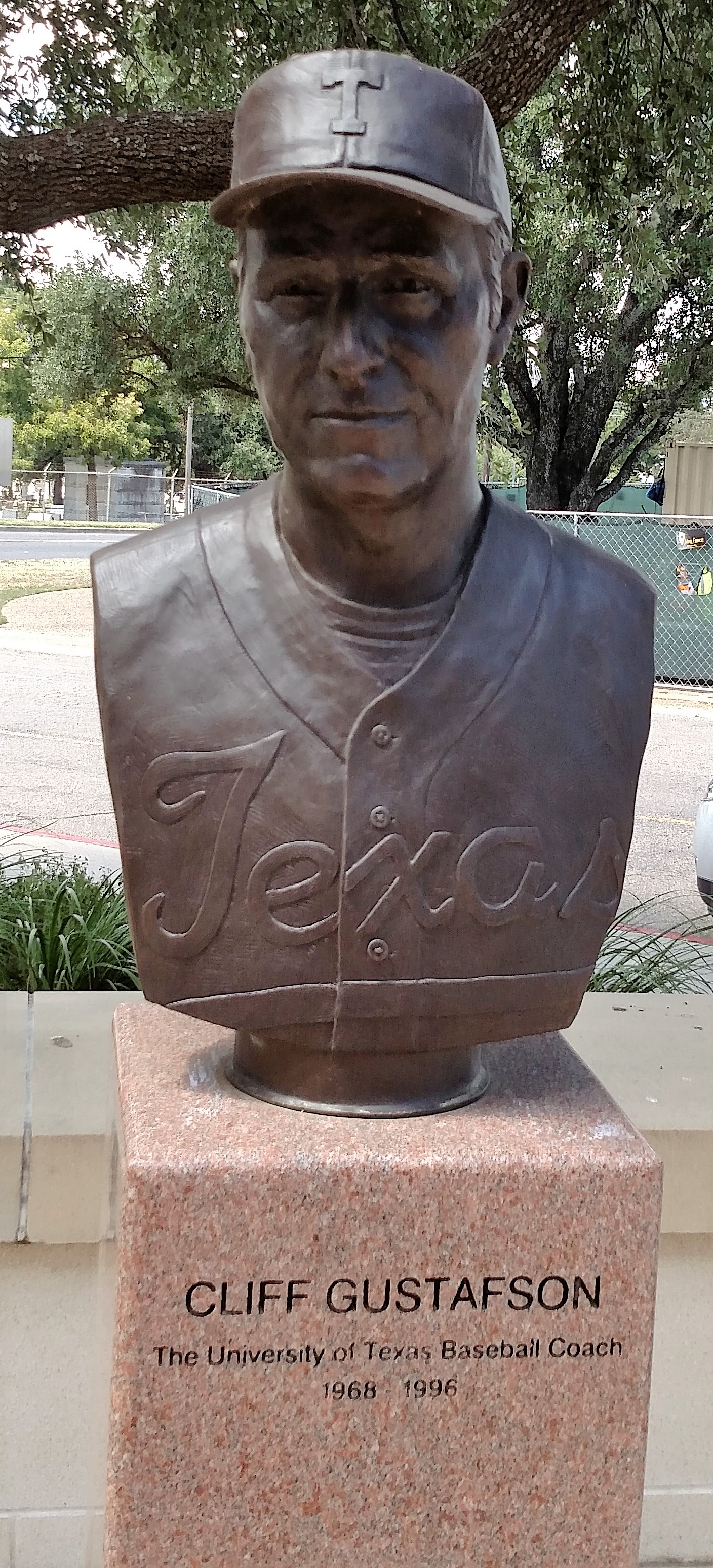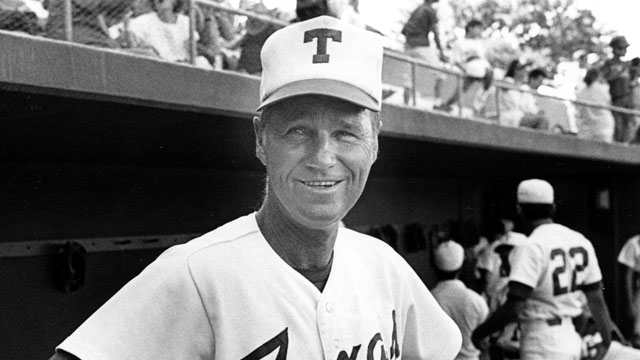Coach Royal believed in cause and effect. He believed that if you want more good luck in life, then prepare accordingly.
Harvey Penick, the great golf instructor, said "giving luck a chance gave players a high probability of scoring".
Coach Royal agreed with Harvey Penick. Royal understood that preparation for a game increased the chance of "giving luck a chance" Royal said, "luck is what happens when preparation meets opportunity." He knew that most luck depended on preparation-- Team Chemistry, quality recruiting, a strong work ethic, competent coaches, planning, teaching, discipline, and practice, practice, practice.
After Royal beat a great Bear Bryant Texas A & M team in 1957, the Texas quarterback, Bobby Lackey, said, "They (A&M) had more talent than we did, but Darrell and his coaches had us more prepared." Royal said, " a fired-up team can beat a team with better material" Preparation is always the key to winning.
Duke Carlisle in In the book Darrell Royal Dance With Who Brung Ya says that Royal was a "genius at organization and preparation." " I never went into a game and felt like the other team was better prepared than we were." "You figure if you go out there and do your job, you will win the game, or a least unlikely to lose because of a stupid mistake or mental error."
Alabama's loss to Auburn on a 100 plus yard return by Auburn after a failed Alabama field goal attempt in 2015 was a stupid mistake due to lack of preparation- not bad luck. Alabama did not cover downfield after the failed field goal attempt and lost the game.
Terrible luck occurs when an athlete runs for a winning touchdown in the last seconds of a game, but he slips and falls on the only piece of wet sod on the field. That type of loss is devastating to the fans and team.
Bobby Hawthorne addresses the issue of luck in his book Longhorn Football. Mr. Hawthorne states, "The difference between a National Champion and an also-ran isn't about ten points. It's about a freak or nagging injuries, an offside penalty here, a pass-interference penalty there. It's about 10 inches or ten seconds-not ten points. " Injuries are bad luck, but penalties are poor preparation.
William Hazlitt acknowledges that losing any close game hurts when he says:
Like Coach Royal, baseball Head Coach Gustafson also believed that preparation was the key to " good luck", but he also knew that bad luck was inevitable.
In 1982 Coach Gustafson had one of his best teams. They were projected to win the CWS tournament, but some quirky uncontrollable incidents defied all the Wichita State game preparation, and Texas lost the National Championship. After the game, Coach knew his players were dumbfounded and felt responsible for the loss in the locker room, and he calmed the team by saying, "men, I know how you feel. But I want you to remember one thing: It took winners to get this far, and you are definitely winners. You had a great year, and you're a great ball club."
Every year a sports team comes close to winning some important game but falls short. These teams aimed high and put themselves in a position to have "something really fortunate happen," but the team, for some reason, does not reach the pinnacle. Many times the loss is caused by lack of preparation- a self-induced unlucky break. Other times the loss is caused by a quirky play that no amount of preparation could mitigate. When that occurs, team members search for answers for years.
In the book Texas Longhorn Baseball Kings of the Diamond, Louis Bagwell says, " I still get asked why the teams I played on never won in Omaha."
"And I don't have an answer." "I am absolutely convinced some teams are destined to win things like that, and some of that may have been what happened"
Louis says, "There is no doubt we had the best team...we knew it, and our opponent knew it". "We just did not win." Reflecting on Omaha, he says, "I had my happiest moments at Omaha (when we beat Arizona State) and my saddest moment there (the USC loss)." "It's funny they both happened there" But I guess that is the way it should be."
Like Louis Bagwell, I have also struggled for answers during these tortuous self-reflecting moments after a painful loss. The answer seems simple to me now in the 4th quarter of my life, enhanced by the powerful vision of hindsight. Bad luck is part of life, and symbolic slips on loose sod occur, but bad luck also results in a positive learning experience. Frank Denius, in his book On the Way, says " Adversity and difficulty often draw out qualities in a person that otherwise might never be realized and incorporated into a useful life." I agree and now live by the code quoted from an anonymous source who said :
“You are only a loser if you don’t learn from bad luck, and I never lose. I am either learning or winning. ”
Billy Dale proud member of the 1967 Longhorn football recruiting class








